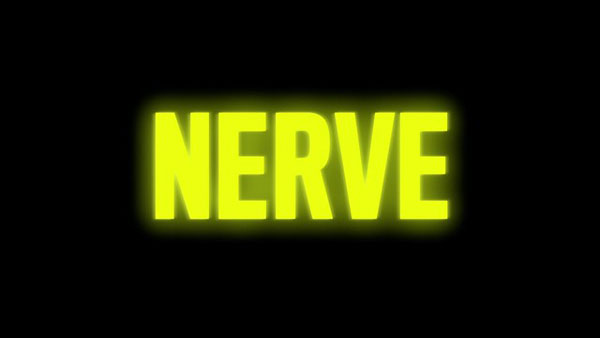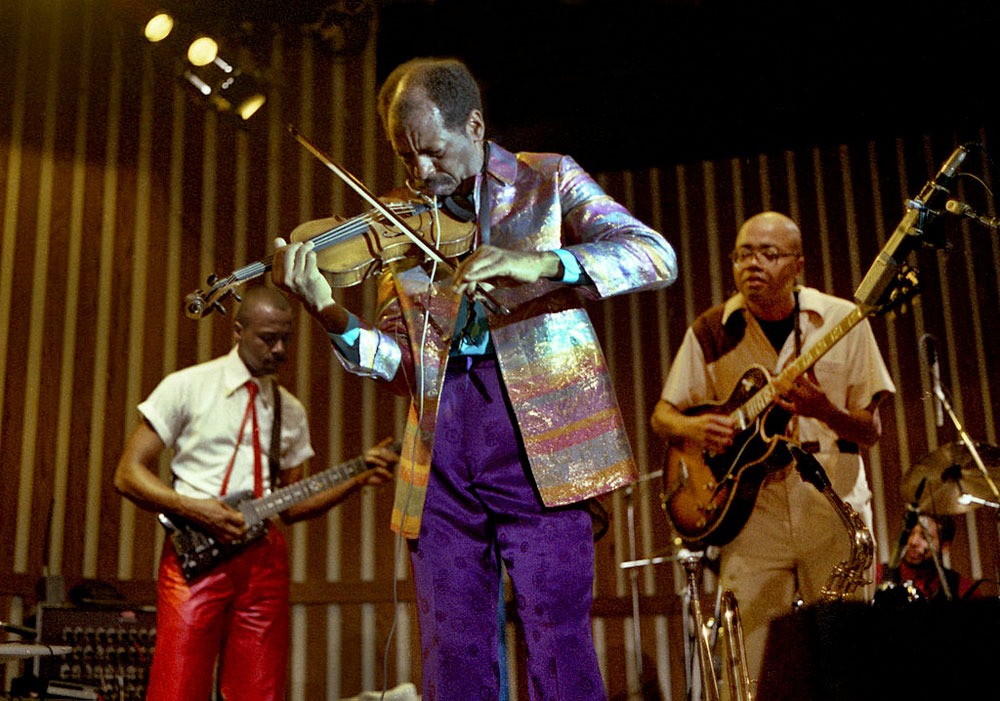
Prior articles in this series can be accessed here and here.
The experience of the individual in the work setting is not generally an area of focus in academic research or the workplace. Work narratives are from the viewpoint of the work that must get done through individuals, not from how the individual develops through the work, or in concert with the work. In sensemaking organizations, these divisions collapse and who the individual is and how the individual orients determine what gets attention, the work that gets done, and how. Karl E. Weick, the organizational theorist who advanced the sensemaking approach, articulates the career of the sensemaking worker as “a story of shifting identities” (Weick 2001, 207). The individual changes the environment through action, and, through reflection, is, in turn, changed by the experience.
Weick notes that in the sensemaking organization there is a shift away “from a position-based career system to a system based more on skill, competence, and experience” as they “place more control over the design of the organization in the hands of people who are building subjective careers” (Weick 2001, 2008). Over time, he alerts, “organizations will increasingly need to leverage diverse knowledge resources, and…to do so, they will need to lose some of their bureaucratic form and discipline” (Weick 2001, 2009).
For the sensemaking worker, Weick finds, there is a shift away from hierarchy, or external guides for action, such as professional advancement up a ladder, and towards a “reliance on internal, self-generated guides, such as growth, learning, and integration” (Weick 2001, 207). The main capacity Weick identifies for the sensemaking worker is “bricolage”—the ability to create from a diverse range of available resources. Bricolage comes from the French bricoleur, or “jack of all trades.”
Sign up for our free newsletters
Subscribe to NPQ's newsletters to have our top stories delivered directly to your inbox.
By signing up, you agree to our privacy policy and terms of use, and to receive messages from NPQ and our partners.
The individual pivots from one learning experience to another, confident about what is known, yet open to learning and building on it. Ability is based on intimate knowledge of diverse resources and the capacity for artful recombinations. Further, for Weick, self-efficacy, defined as one’s belief in one’s ability to succeed in specific situations or accomplish a task, is just as important as the experience, skills, and resources brought to bear. He outlines four key capabilities of self-efficacy.
- Mobilize motivation—The individual is inclined to take action, functioning much like an organizer who articulates a compelling direction, identifies clear next steps, and enrolls others in meaningful activities. For example, rather than wait for clear direction from leaders or accompanying development opportunities, a sensemaking worker influences leaders with firsthand knowledge of and sensemaking with the environment that results from action taken to understand an area of focus and its players.
- Control disturbing thoughts—As embodied beings, working at the edge of what one knows, with the ever-present possibility of identity shifting, requires psychic energy. Further, being in a phase of not knowing can stir up anxiety, which also uses psychic energy. Any psychic energy that is wasted on anxiety is not available for improvising. Therefore, being aware of one’s level of anxiety, taking responsibility for it (rather than letting it spill onto others), and managing or transforming it, is critical. For example, rather than be afraid of change or concerned with role status, which causes anxiety, the sensemaking worker turns the search for organizational meaning into a self-development journey, and has personal practices for personal sensemaking and mood awareness and management, such as meditation, yoga, writing, or art.
- Persevere and bounce back from failure—The orientation is towards learning, not being right. The stance is one of gracefulness in accepting and acknowledging when things don’t work out as thought, rather than peddling face-saving narratives. This openness creates a culture that is humane and speeds up learning. Failure is examined for what can be learned, rather than punishment. Learning energizes and points to new action. For example, rather than feel bad about and hide or diminish the scope of failure, the sensemaking worker focuses on and is excited about the learning that is derived; the narrative framing of past efforts and their consequences is more akin to developing wisdom.
- Exert control over environment—Taking action confidently works best for people who feel they can have an impact on their environment, their field of focus. People come to work settings with a set of experiences of either having been able to successfully interact with the environment, or not. For those who do, the work is to focus a bit more on what is not known, or humility. For those who do not, the work is to focus more on what is known, or confidence. For example, rather than feel beleaguered by organizational challenges, the sensemaking worker focuses on identifying areas of influence and opportunities for further development or leadership.
Sensemaking workers have a keen ability to perceive change and not proceed as if nothing has changed. Ultimately, they organize themselves for learning—identifying what they want to learn and creating learning environments. It is this thrust that propels their careers.
Sensemaking careers, in turn, are noticeable for the interruptions, as learning pivots the worker from one learning environment to another, but these serve as opportunities. A sensemaking career, then, is a series of interlocking learning environments that make sense in retrospect as patterns emerge. Weick calls these “boundaryless careers” that can be discerned in “deviant resumes” (Weick 2001, 2007).









